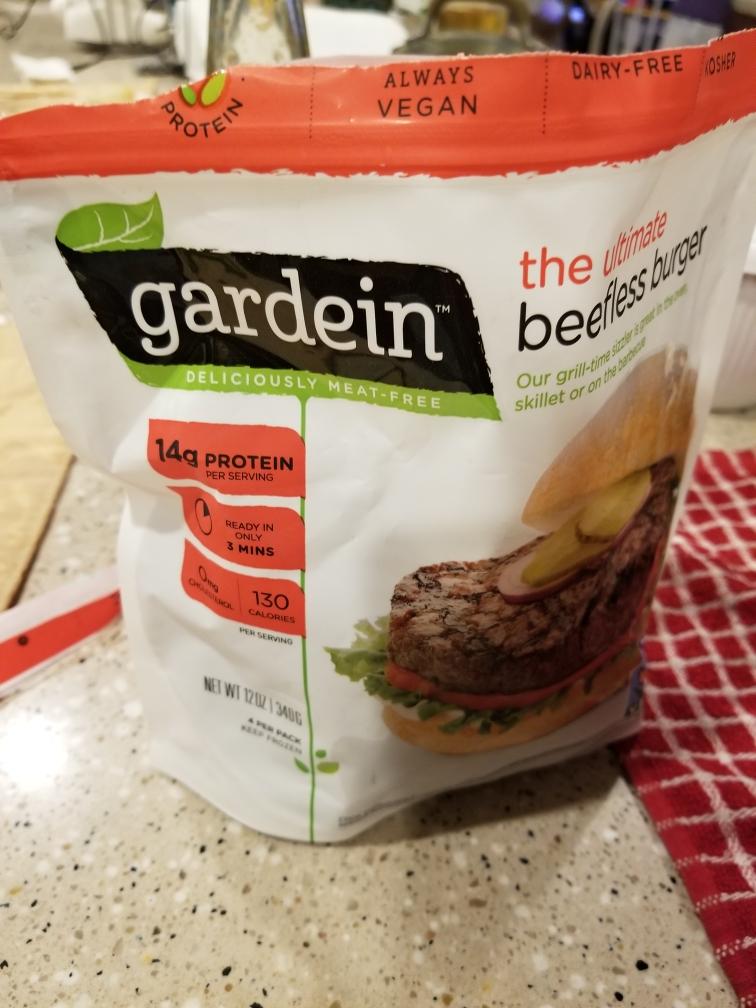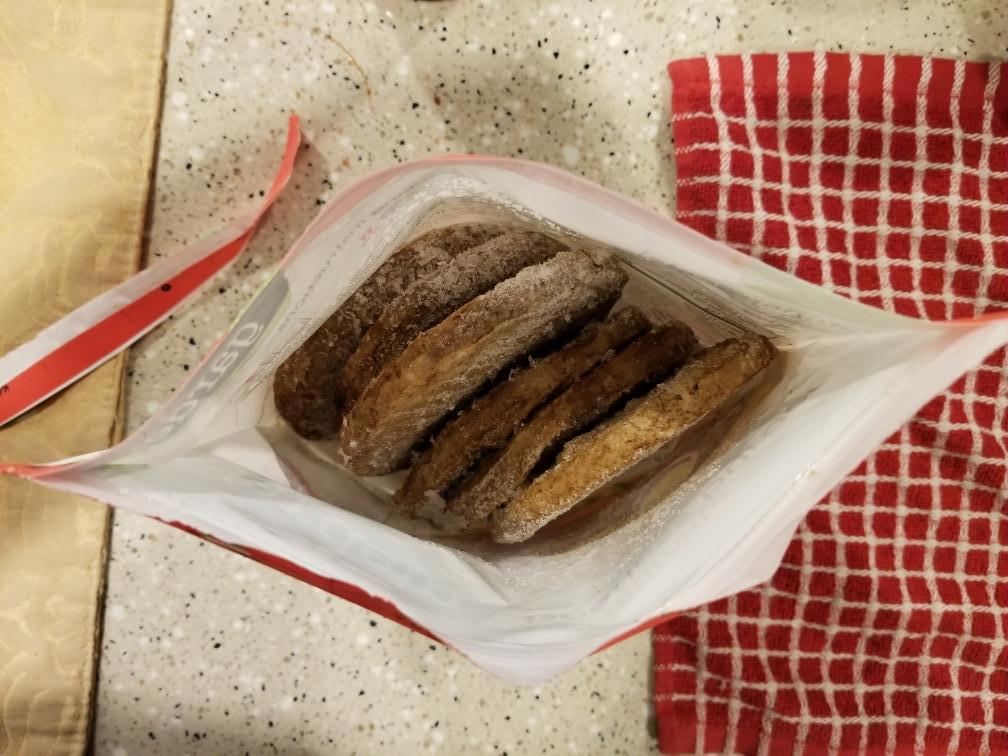I love good romantic comedies. If a Rom Com is well written, acted, directed and edited, I can’t get enough of it.
But the funny thing, all that said, is that a good Rom Com is extremely predictable. Right from the beginning, you know what’s going to happen. You even pretty much know when it’s going to happen, and often how.
Romantic comedies operate within very narrow constraints, like sonnets or haiku. Any real deviation from those narrow constraints creates dissonance and audience dissatisfaction.
That said, it’s not easy to create a really good Rom Com. The psychological twists and turns, reversals, plot reveals and key supporting characters all need to be well thought out.
This includes the inevitable betrayal of some unspoken code by one of the two lovers, leading to the nadir of despair at the end of the second act. If this moment is not truly earned, then the inevitable triumphant finale will seem unearned, and the audience will be left with a hollow feeling.
I suppose then that the answer lies in this very contradiction, which is common to so many art forms: The creators need to operate within a very narrow set of constraints, and yet the design and execution must be flawless.

